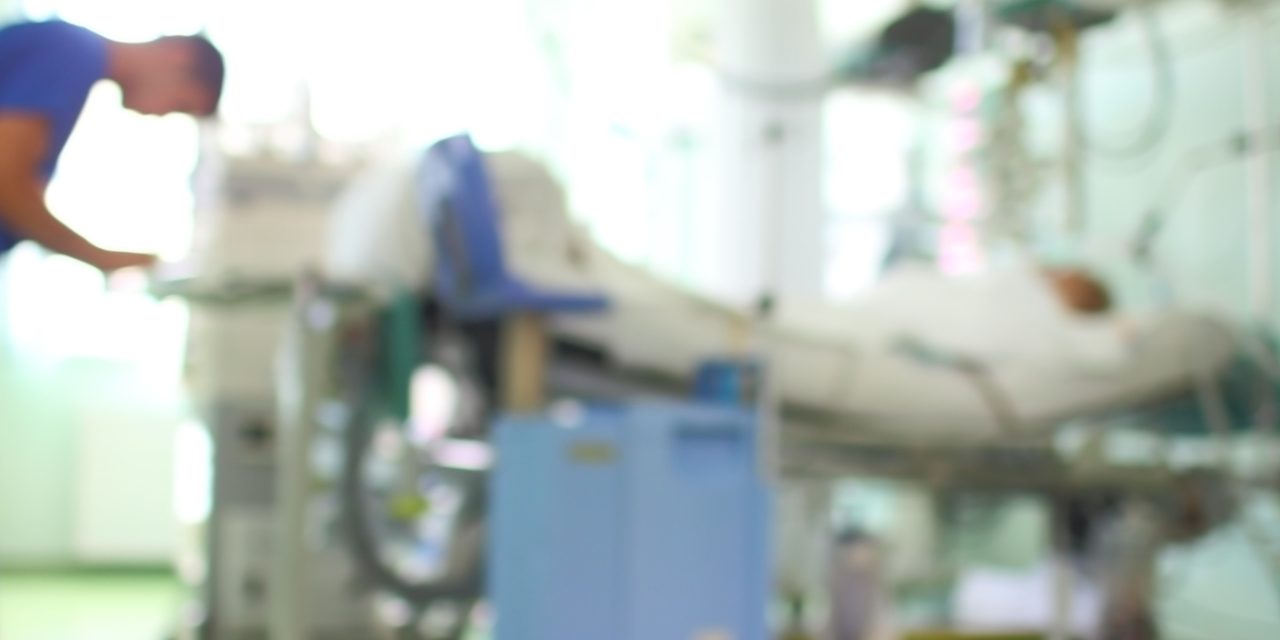Background and objective Myocardial infarction (MI) is the leading cause of mortality and morbidity worldwide. Early diagnosis of MI remains the mainstay of prompt treatment. Thus, the shorter the door-to-needle time, the more efficient is the emergency department (ED) to cope with a heart attack emergency. To improve the diagnosis of MI, this study aimed to determine the sensitivity and specificity of (qualitative) troponin I kit against the quantitative lab test for troponin I. Materials and methods Patients of both genders admitted at the Karachi Institute of Heart Diseases with acute coronary syndrome (ACS)/non-ST-elevation myocardial infarction (NSTEMI) were administered a standardized questionnaire. Quantitative analysis of troponin I was carried out by the hospital laboratory. The sample was simultaneously used for qualitative analysis of troponin I using the troponin I test kit. Results We recruited 200 patients comprising 134 (67%) males and 66 (33%) females. In total, 130 (65%) were hypertensive, 64 (32%) had dyslipidemia, 56 (28%) presented with a family history of MI, 60 (30%) had diabetes mellitus, 56 (28%) were smokers, and 24 (12%) presented with a previous history of MI. The kit showed 98% sensitivity and 100% specificity as compared to the quantitative test with a cutoff of 0.30 ng/dl, i.e., the quantitative test showed 128 positive and 72 negative cases, whereas the qualitative test showed 125 positive and 75 negative cases. The differences in test results were on values of 0.39, 0.40, and 0.42 ng/dl, as the qualitative test showed negative results. Conclusion This study showed that the qualitative kit is highly sensitive and specific at higher values of troponin I, i.e., ≥ 0.5 ng/dl. The qualitative test could be very beneficial in cost and time savings for the non-conclusive patients, like NSTEMI and ACS in the ED, and patients coming to the outreach chest pain centres where laboratory services are not adequate and whose Trop I values are not very close to the minimum cutoff values.Copyright © 2020, Ahmed et al.
Sensitivity and Specificity of Bedside Qualitative Troponin I Test Kit as Compared with the Standardized Quantitative Lab Test for Troponin I.


